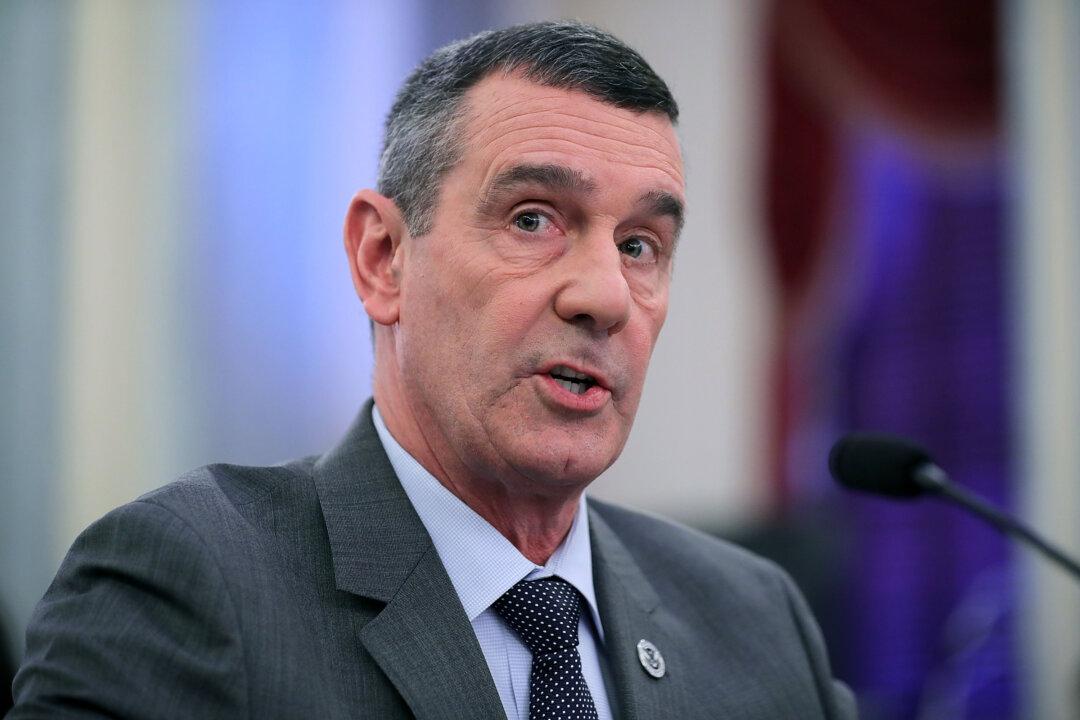The Department of Homeland Security said the incoming administration is pausing deportations for some illegal immigrants for 100 days.
The DHS said in a statement on Jan. 20 that for 100 days starting Jan. 22, it will “pause removals for certain noncitizens ordered deported to ensure we have a fair and effective immigration enforcement system focused on protecting national security, border security, and public safety.”




